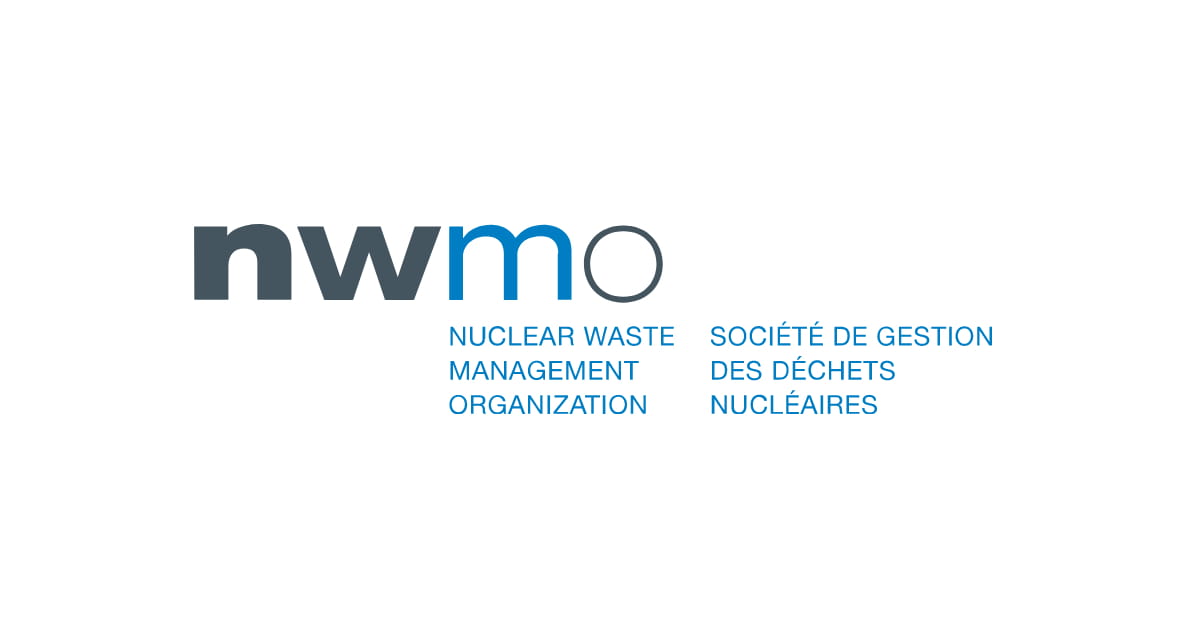On July 18, 2018 the Nuclear Waste Management Organization (NWMO) released a reconciliation statement that acknowledged historical wrongs in Canada's past, and the need to create a better future through collaboration and discussions with Indigenous communities. Over the years, the NWMO has taken steps toward this day. Here is a timeline of key moments leading up to the NWMO's reconciliation statement:
2002: The NWMO created by legislation – the Nuclear Fuel Waste Act
2002: Indigenous representation appointed to the NWMO Advisory Council
2002-2005: Dialogue with Indigenous groups reveals importance of interweaving traditional knowledge into the NWMO’s work and of the NWMO receiving advice from Indigenous Elders
2003: First workshop on traditional knowledge held in Saskatoon, Sask.
2005: The NWMO established the Elders Forum – an independent advisory body made up of Indigenous Elders to advise on interweaving Indigenous Knowledge and establishing meaningful relationships with Indigenous communities
2007: Indigenous representation appointed to the NWMO Board of Directors
2009: The NWMO launches Aboriginal Policy to guide meaningful collaboration with Indigenous peoples
2012: Elders Forum restructured and renamed as Council of Elders
2013: Council of Elders decides to add youth perspective to Council
2013: The NWMO states that the project will only proceed with the involvement of the interested community, First Nation and Métis communities in the area, and surrounding communities
2014: Cultural awareness training made mandatory for contractors working on the NWMO’s behalf
2015: Federal government makes promise to adopt the United Nations Declaration on the Rights of Indigenous Peoples (UNDRIP)
2015: Truth and Reconciliation Commission releases its final report, including 92 calls to action
2016: Indigenous representation appointed to the NWMO Executive Committee
2016: Canada officially removed its objector status to the UNDRIP
2016: The NWMO becomes one of first organizations in North America to establish an Indigenous Knowledge Policy
2016: The Council of Elders and Youth issues the Declaration of the Keepers of the Land
2017: Successful conclusion of consultation with six First Nation and Métis communities on drilling the NWMO’s first borehole
2018: 85 per cent of NWMO staff received cultural awareness training
2018: Reconciliation Statement finalized through Indigenous ceremony

